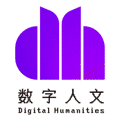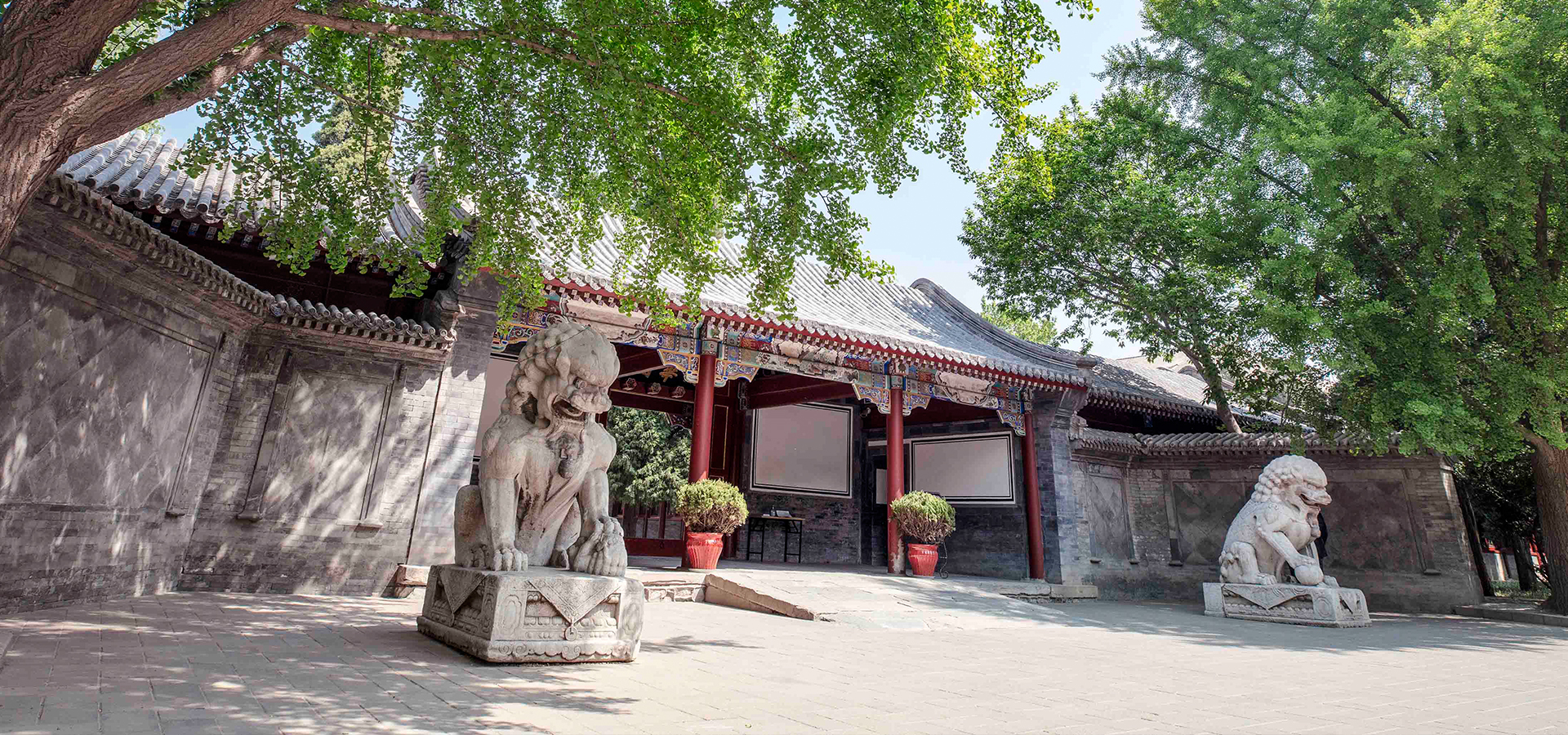作者:Urszula Pawlicka-Deger, Aalto University
转载来源:Digital Humanities Quarterly, 2020:14.3,http://www.digitalhumanities.org/dhq/vol/14/3/000466/000466.html
本文旨在追踪人文学科实验室转向形成的路径,认识人文学科实验室的条件、意义和作用。第一部分研究了导致人文学科实验室出现的三种论述:大学内人文基础设施的转型、社会科学的范式转变、创新文化类别的扩展、创客运动(创客空间的扩散)和社区理念。接下来,作者介绍了人文学科实验室的历史,并确定了实验室从物理场所到概念实验室的转变。最后一部分根据实验室的陈述和操作分析了人文实验室的五种模式:中心型实验室、技术-科学型实验室、工作站型实验室、以社会挑战为中心的实验室和虚拟实验室。研究表明,自20世纪80年代以来,作为社会生活更广泛的实验室化进程的一部分,人文学科出现了实验室化。接下来,研究指出了数字人文作为实验室空间建设背后的驱动力的作用,它支持情境实践、协作和基于技术的项目。这篇论文表明人文实验室不是简单地模仿科学实验室,而是根据自身的目的和需要来适应这种新的基础设施。
作者简介:
Urszula Pawlicka-Deger
Urszula Pawlicka-Deger held a postdoctoral researcher position in the Department of Media at Aalto University, Finland before joining King’s Digital Lab at King’s College London, UK as a Marie Curie Fellow. Her research interests include the epistemology of a humanities laboratory, the process of knowledge production intertwined with technologies, and the infrastructural influences on humanistic work. Pawlicka-Deger was a Fulbright scholar in the Creative Media and Digital Culture at Washington State University Vancouver, US (2014-2015), and a visiting researcher in the Department of English at Stony Brook University, US (2015-2016). She was awarded the Willard McCarty Fellowship at the Department of Digital Humanities at King’s College London, UK (2019), where she was also a keynote speaker for the event “Humanities Laboratories: Critical Infrastructures and Knowledge Experiments” organized in conjunction with the Critical Infrastructure Studies Initiative. In addition, she was awarded the Vanguard Fellowship at the Institute of Advanced Studies at the University of Birmingham, UK (2019), where she organized the “Rebuilding Laboratories” workshop to initiate an interdisciplinary discussion on laboratories from the perspective of digital humanities, science and technology studies, and natural science. Over the years, she has published peer-reviewed scholarly articles and monographs and presented the research outcomes at international meetings. Her last publications related to the concept of a laboratory include “Data, Collaboration, Laboratory: Bringing Concepts from Science into Humanities Practice” released in English Studies (2017) and the forthcoming article “Laboratory: A New Space in Digital Humanities” in Institutions, Infrastructures at the Interstices. Debates in the Digital Humanities (University of Minnesota Press, 2021).

